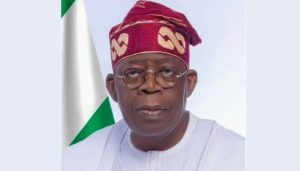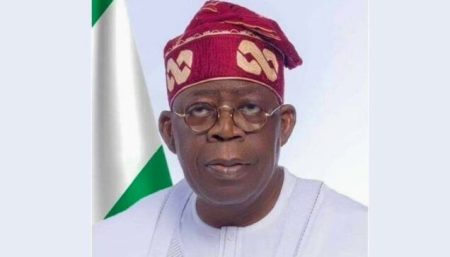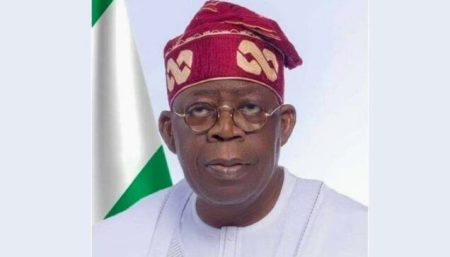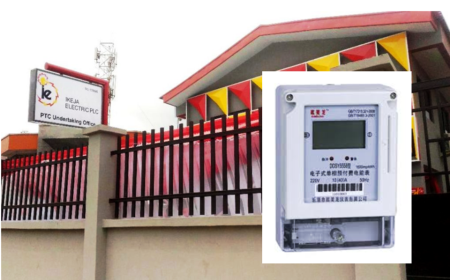Nigeria’s foreign exchange market liberalization, implemented in June 2023, has instilled renewed investor confidence in the country’s economy. Prior to the reforms, the market suffered significant volatility due to a dollar shortage stemming from declining crude oil production and prices. This shortage hindered the Central Bank of Nigeria’s ability to meet its foreign exchange obligations, resulting in a backlog of over $7 billion. The repercussions were severe, impacting manufacturers who struggled to fund imports and foreign companies unable to repatriate profits, leading to closures and exits from the Nigerian market. The resulting uncertainty made planning difficult for investors and negatively impacted the overall economic outlook.
The liberalization introduced a willing-buyer, willing-seller system, allowing investors easier access to foreign exchange. This crucial change enabled the CBN to clear the substantial backlog and facilitated easier access to letters of credit for manufacturers, revitalizing production and import activities. The naira also experienced a period of relative stability, strengthening against the dollar, signaling a positive shift in market sentiment. Importantly, the reforms narrowed the gap between official and parallel market exchange rates, promoting transparency and curbing arbitrage opportunities, which further bolstered investor confidence.
This renewed confidence is reflected in several key indicators. Yields on Nigeria’s eurobonds have decreased, demonstrating a growing belief in the country’s ability to meet its debt obligations. Domestic debt auctions have been significantly oversubscribed, and Open Market Operation bill rates have declined. These trends, combined with strategic interventions by the CBN, suggest a positive trajectory for the naira in the short term, further supported by easing global pressures and reduced trade tensions. Experts believe that the reforms have created a more predictable and orderly exchange rate environment, mitigating a significant risk factor for foreign investors and enhancing Nigeria’s attractiveness as an investment destination.
International recognition of Nigeria’s reform efforts has further solidified this positive momentum. Fitch Ratings upgraded Nigeria’s Long-Term Foreign-Currency Issuer Default Rating, a significant vote of confidence in the country’s economic trajectory, particularly given prevailing global uncertainties. This upgrade, along with acknowledgements from other international institutions, underscores the credibility of the CBN’s efforts to improve transparency and predictability in its policies. The combination of easing inflation, a more stable naira, and growing external reserves points towards a comprehensive recovery and repositioning of the Nigerian economy for long-term resilience.
The improved macroeconomic environment is attributed to a combination of factors, including the CBN’s proactive reforms, improved FX market functionality, and a decline in dollar-naira volatility. These factors have not only boosted investor confidence but also attracted portfolio inflows, strengthening the naira’s position. The successful issuance of a $2.2 billion Eurobond further enhanced dollar liquidity, contributing to the naira’s rally. The resumption of Open Market Operation bill sales to Foreign Portfolio Investors at market-reflective rates also played a crucial role in restoring market confidence and attracting investment.
Looking ahead, analysts remain cautiously optimistic about Nigeria’s economic prospects. The projected emergence from the most challenging phase of the reform adjustment process in 2025 is contingent upon effective policy implementation and continued institutional reforms. While acknowledging the positive impact of the initial reforms, experts emphasize the importance of efficient management and sequencing of policy changes to maintain stability and avoid setbacks. Addressing structural challenges such as power supply inefficiencies and lack of transparency in the oil and gas sector remains crucial for sustained economic growth. The success of these reforms and the sustained stability in the forex market signal a hopeful future for the Nigerian economy.














